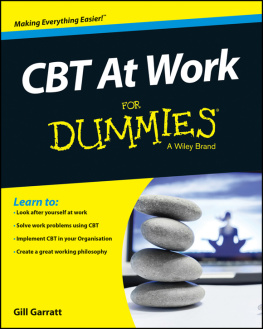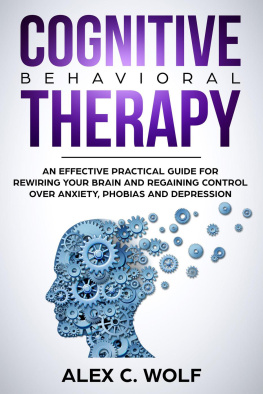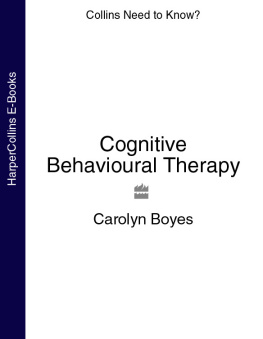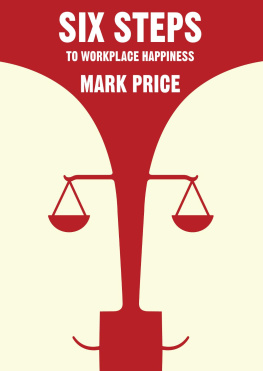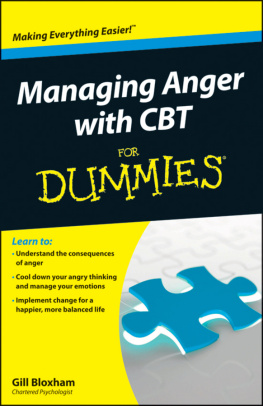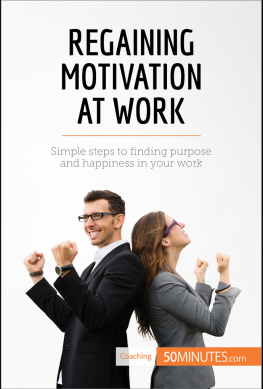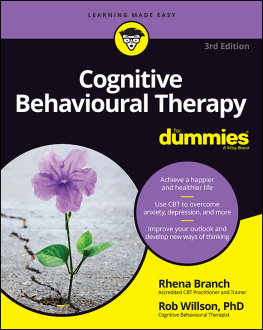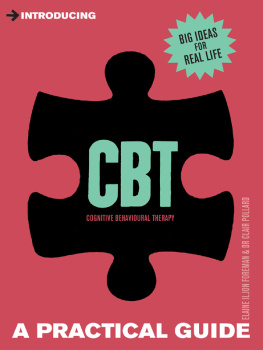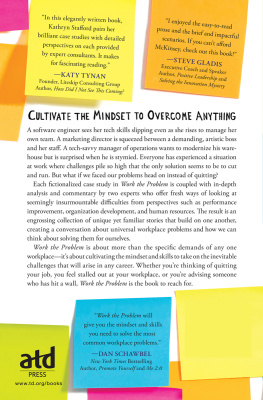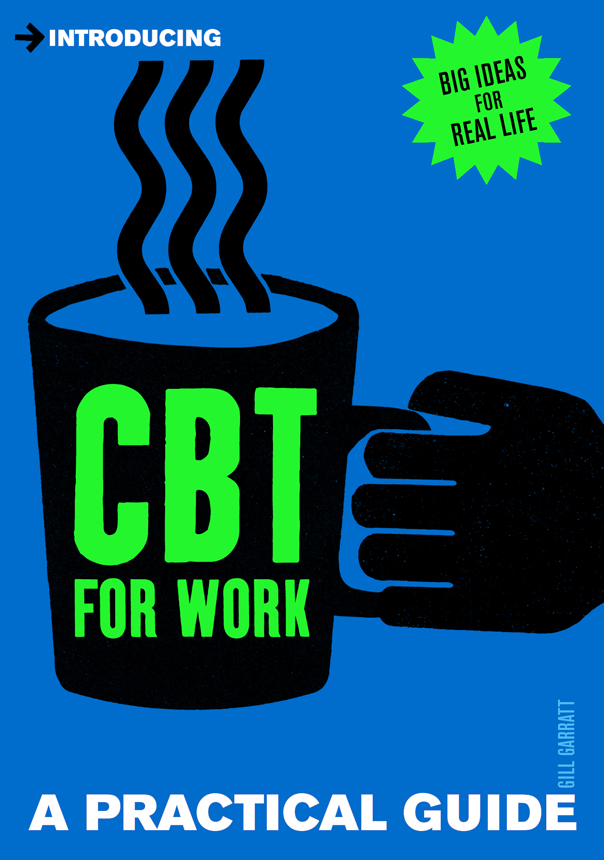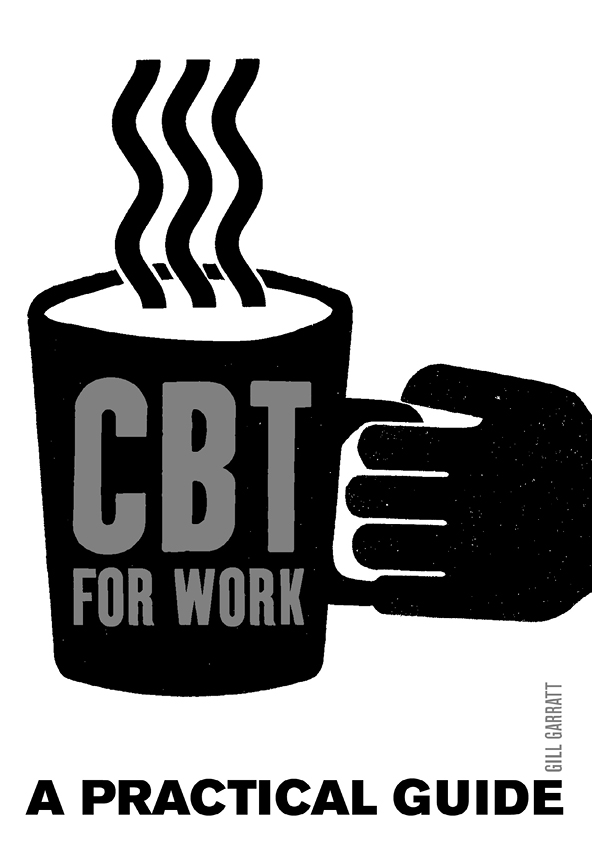Its important to note that there is much frequently-used research employed in cognitive behavioural therapy. Where I have known the source I have been sure to reference it, but my apologies here to the originators of any material if I have overlooked them.
Dedication
To the hundreds of individuals I have had the privilege of working with in my role as teacher, psychologist and psychotherapist. I have been privy to sharing some of their innermost struggles and difficulties, their triumphs and successes. Their bravery in coming forward to want to make some sense of their lives and gain insight, to be open to new ways of thinking is a testimony to their hard work and commitment. For the tensions, tears, anxieties, and worries we have worked through, I dedicate this book to your determination and authenticity. For the laughter we have shared as insights are gained and life is put into a new perspective.
To all the researchers, academics, writers, philosophers, health care professionals and educationalists, whose common aim is to help others to maximize their wellbeing, health and happiness.
I have listened to many moving life stories, anecdotes and personal journeys. I truly believe a person has the inner resources to be able to flourish in life. Sometimes, we can do with some help along the way. If you can take away some helpful information, strategies, techniques and insights from this book, then I will have achieved a goal too.
I have been fortunate to be able to study and learn from great teachers, colleagues, friends and family over the years. My goal has been to share some of this with you.
Thank you to all those whose work I have drawn upon, whose lives I have shared.
A man is but the product of his thoughts, what he thinks, he becomes.
Mahatma Ghandi
Gill Garratt, November 2012
Contents
Introduction
What is Cognitive Behavioural Therapy or CBT?
Men are disturbed not by things but by the views which they take of them.
Epictetus
Having picked this book up you may already have heard a little about Cognitive Behavioural Therapy. CBT has become very popular in the 21st century, with research showing that it is a very effective form of therapy for helping with many psychological struggles. It can help reduce anxiety, depression, anger, guilt, low self-esteem, phobias, obsessive behaviour, panic attacks, traumatic stress disorder and many other conditions of emotional upset. More and more integrated healthcare systems are using CBT to help people deal with everyday struggles.
CBT stands for:
Cognitive thinking
Behavioural behaviour
Therapy change
CBT is about how changing your thinking can help you to tackle and overcome any negative behaviours or habits that you may have, which are getting in the way of you leading a happy life. We all have the ability to wind ourselves up with our thinking, and sometimes you may get stuck in thinking loops that are unhelpful letting the same cycle of negative thoughts go round and round in your head.
But we dont need to be slaves to this. If you realize that you are stuck in problematic thinking loops that are upsetting you or making your life more difficult, it is possible to stop and work them out. There are practical techniques you can learn in order to make conscious choices to change that thinking. This book will help you recognize when life is getting tough for you and provide you with practical strategies to stop things escalating and getting out of control.
The title of this book is CBT for Work, and so it will concentrate in particular on showing how CBT can help you reduce the time you spend worrying about work and work-related circumstances. Many of us work in hectic, high-pressure environments, and find that the changing demands of our job are a frequent source of hassle and stress. Of course it is natural to have a healthy concern about your work performance, job prospects and career, but it is not in your best interests to worry yourself so much that you make yourself ill. It is important to find a balance between having a healthy commitment to your work and suffering from overriding anxiety as a result of being over-invested in it.
CBT also looks at resilience. We can all expect to go through some difficult patches in life its unavoidable. Although CBT can help you to change negative thinking into more positive thinking, it does stress that sometimes we need to go through discomfort zones in order to progress in life. CBT can help increase your ability to tolerate the tough times without freezing with fear or crumpling under the pressures. As Winston Churchill famously said: When you are going through hell, keep going.
CBT can be used with emotional struggles of differing intensities, but in all cases the same basic techniques apply. Depending on the level of distress, CBT in conjunction with medicine may be recommended by doctors. This combination has been found to be highly effective for treating anxiety and depression. This book is certainly not intended to take the place of proper medical attention, and if you become truly worried about your ability to cope with a situation you should visit your doctor immediately. However, if you have some knowledge and understanding of CBT you will find that in many situations you are able to help yourself. CBT has been widely researched and tested, many scientific papers have been published and it is the preferred choice of many health organizations worldwide. It is an effective tool for dealing with the pressures of a modern working environment and if you learn to use it you will not only be happier but also, as a result of not being dogged by constant worries, a more effective employee.
This book will include:
- Where CBT came from
- How to recognize if you are getting stressed
- Your CBT Think Kit, a practical toolkit to teach you the basic ABC of CBT
- You and your Work
- Common problems in the workplace anxiety, anger, guilt, depression, low self-esteem


